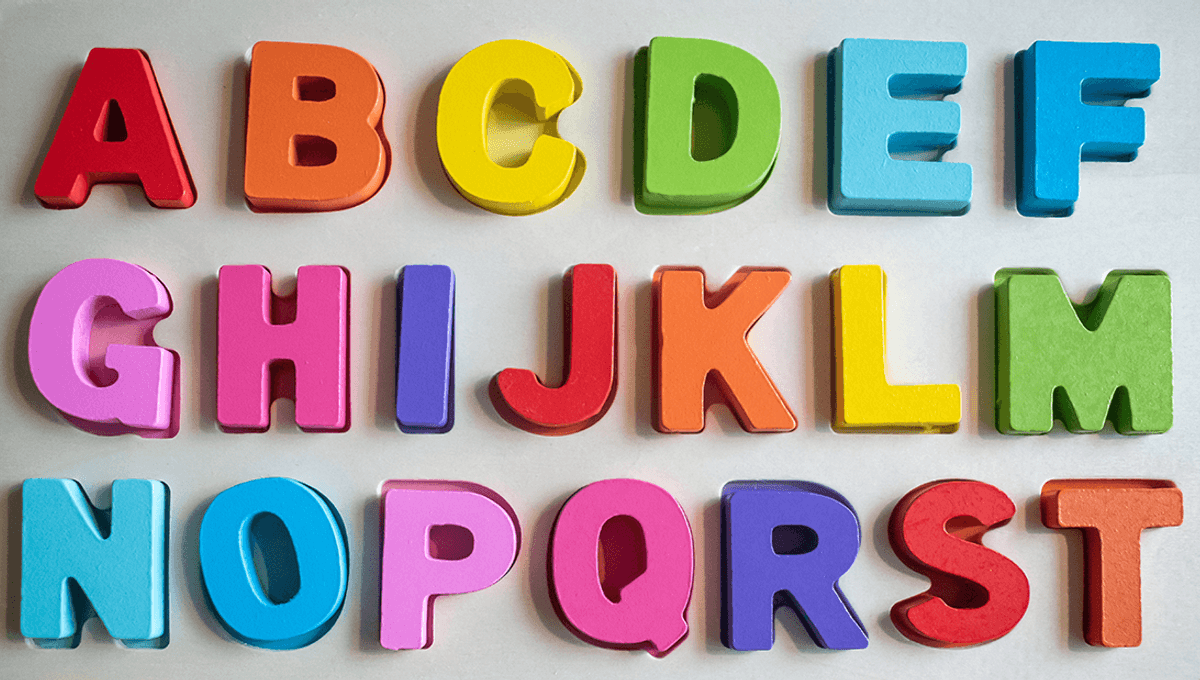
Thanks to a video by TikTok creator @zachdfilms3, people are learning that there used to be 27 letters of the English alphabet, rather than the current 26.
The video explained that the 27th letter of the alphabet is “ampersand”, as denoted by “&”.
“This is an ampersand and believe it or not it used to be the 27th letter in the alphabet, you see back in the day this symbol came after the letter Z and signified the word ‘and’,” zachdfilms3 said in the video, per The Mirror.
“But when reciting the alphabet, students weren’t allowed to just say ‘and’ after Z. Instead they were taught to differentiate the symbol by saying ‘per se’ before it, it sounded something like this Q R S T U V W X Y Z &. And ‘per se &’ ampersand.”
According to Encyclopedia Britannica, the letter featured in nursery rhymes taught to children: “X, Y, and ampersand / All wished for a piece in hand.” By the end of the 19th Century, ampersand fell out of the alphabet, having only first appeared in the English language in 1835. Still, it was briefly a member of the alphabet, which is more than you can say about π.
This isn’t the only letter that has been lost in time. Languages grow and evolve, and English has actually lost a few letters along the way, while not gaining U and J until the 1500s. These lost letters include thorn (þ) – a soft “th” sound – and Wynn (ƿ), which was replaced by “uu”, before this was superseded by “w”.
Ethel (Œ) – pronounced like the “oi” in “oil” – has also been lost, in favor of using vowel combinations to get the same job done. Yogh (ȝ) was briefly a way to denote the “ch” sounds, as found at the end of “loch”, but was soon abandoned, and the specific sound it denotes rarely used in English anymore.
So, will we lose any more letters? Perhaps, perhaps not.
“Standardized spelling makes it less likely for that to happen than when Middle English was turning into Modern English,” Anne Babson, an English instructor at Southeastern Louisiana University with a background in Late Medieval European languages, told Reader’s Digest.
“Most of our high school English teachers would roll over in their graves if ‘quick’ became permanently ‘quik.’ That said, it’s not impossible that we will simplify the orthography of many words the way the ‘drive thru’ has done.”
We don’t want to point any fingers, but “x” hasn’t been pulling its weight.
Source Link: There Used To Be 27 Letters In The Alphabet, And People Are Only Just Finding Out